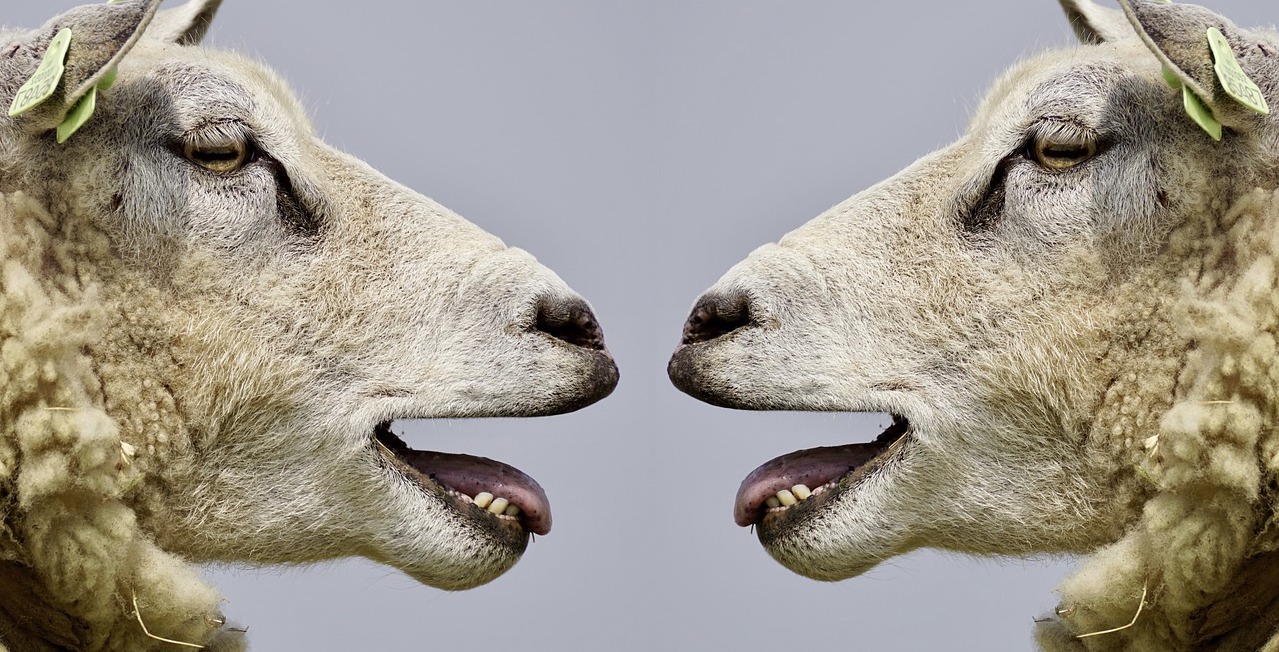Getting ahead of a communication crisis
31 March 2021

Our professional advisor, Dr Seton Butler, discusses the potential benefits of setting expectations to help avoid conflict.
An ethical tension lies between our obligations as veterinarians under the Code, our role as patient advocates and our client relationships.
This tension can sometimes erupt into situations of conflict. All of these, no doubt, impact on our confidence to practice and can take a significant toll on our resilience and health over the long term, not to mention adding pressure to our businesses.
Some examples in the production animal space are topics such as intensive winter grazing, shade and shelter, poor animal welfare events, and responsibilities and accountability for restricted veterinary medicine authorisations and sales. Others include provision of after hours and emergency care, responsibilities and accountability relating to competence to perform procedures, and responsibilities relating to antimicrobial resistance, just to name a few.
Two concepts from the Code come to mind that may provide an opportunity to address this issue: effective communication with clients and informed consent. In my experience, pre-emptive and clear agreement on expectations is very valuable. There is value in veterinarians and veterinary businesses developing clear terms of service with their clients (e.g. farmers, breeders, charities etc) that specifically outline agreed expectations for issues such as an animal welfare event or levels of after hours service. The opening line could read … “Our commitment to our clients and their animals”.
The intention is not necessarily to create a binding legal relationship but rather outline services being delivered, possibly the associated fees, and a record of how the parties intend to work together in various circumstances.
You might want to include the following topics:
-
Animal health advice and planning
- Animal welfare advice and planning
- Restricted Veterinary Medicine (RVM) authorisation and use in accordance with ACVM and VCNZ requirements
- Training, coaching, and advising in relation to treatments and procedures
- Diagnostics and testing
- Planned consultations
- Reactive call-out consultations
- After hours service
- Fee structure etc
- Technician/Vet Nurse support services
- The steps for reporting issues and the process for termination of agreement, etc.
Such a document might cover the responsibilities of the client, the veterinarian, veterinary staff and, where applicable, a farm manager or owner etc. It could also detail the principles of confidentiality and a dispute resolution process.
In a farming context, perhaps an animal welfare section could include:
- Our role as veterinarians and farmers is to promote animal health and wellbeing.
- Where animal welfare concerns arise, our veterinarians will work with the staff and make recommendations to address these issues.
- In instances where an animal welfare plan breaks down, the veterinarian and farm staff agree they will refer to an appropriate support party (e.g Early Response Service – Dairy NZ, Farmer Support for Farmers in Adverse Events - Federated Farmers, etc).
- Veterinarians are legally obliged under the Code of Professional Conduct for Veterinarians to report welfare issues if they are likely to be in breach of the Codes of Welfare or the Animal Welfare Act.
An Annual Health Plan (AHP) Consultation framework (known historically as the RVM Consult) section might include that by having an AHP Consultation the farmer has the benefit of your veterinarians providing:
- Adverse event, emergency and after hours care for their animals for the year (and the duration of any RVMs authorised).
- Diagnostic and authorising knowledge and skills ensuring appropriate and effective disease management and product use.
- Stewardship of the products the farmer will be using including RVM:
- management
- transport and storage
- AMR management
- residue and withholding periods advice.
- Training of farmers and farm staff in the appropriate:
- administration of products
- health and safety matters
- competence in correct identification of diseases and treatment selection.
- Advice, training and support on when to escalate a disease for veterinary care.
- Oversight for the welfare of animals and training of farmers and staff in identification of welfare issues.
- Guidance for public health, trade, OSH and environmental risks and impacts.
- On farm biosecurity and surveillance for exotic and infectious diseases.
The key aspect here is the provision of animal health and disease management services in conjunction with the authorisation of RVMs and a complete customer understanding about what an RVM authorisation entails. This is often unappreciated given it’s so much more than just a script writing exercise. We may, as veterinarians, have done a disservice to the authorisation process and what we are signing our name to, given its real value. Here I am referring to aspects such as the provision of emergency and after hours care for adverse events, animal welfare issues, etc which is expected under the Code and the ACVM Notice.
I imagine this being a transition process over a few years starting with the proactive and early adopter clients who will see the value and probably freely offer candid feedback and improvement ideas.
The above said, the key here is to try to reduce the potential for surprises and proactively manage the gnarly issues in the veterinarian-client relationship by getting agreement on how both parties anticipate addressing them before they arise. It would also be prudent in such a document to detail a fee structure but that’s another article.